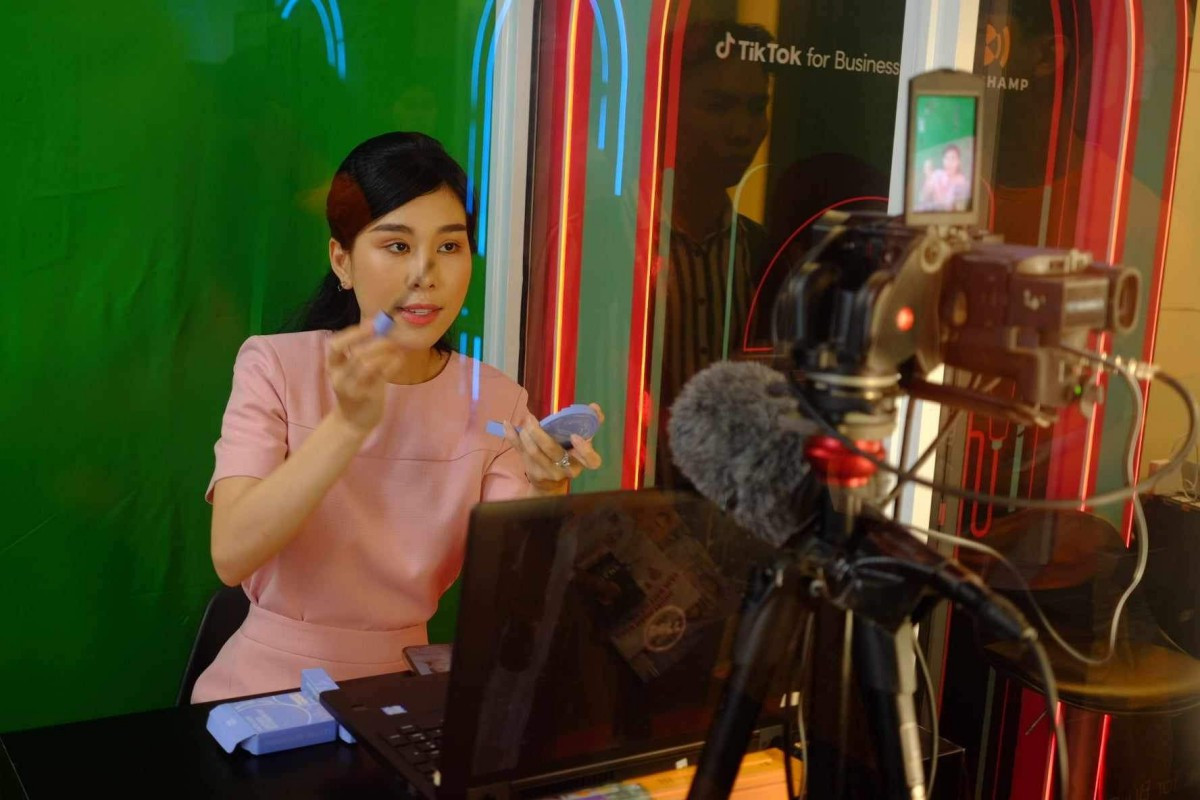
In its dispatch to the Prime Minister reporting on international practice in KOL management, the Ministry of Information and Communications (MIC) emphasized that to clean up cyberspace, the management of KOLs needs to operate within the framework and observe a code of conduct.
The ministry said it is necessary to encourage close and regular connection between state management agencies and KOLs to promote the advantages and influences of these groups of people in policy communication activities and official information dissemination.
The most noteworthy item in MIC’s proposal on KOL management is the necessity of regulations on the responsibilities of people who convey information about advertised products and services. The aim is to ensure the provision of complete and accurate information about advertised products and services; to distinguish advertisements from other information content; and to notify consumers in advance about advertising.
The people who convey messages and make comments about advertised products and services must be the users of the products and services. Only authenticated social network accounts can participate in advertising activities and hold livestreams to advertise products and services.
MIC, which is drafting a decree to replace Decrees 72/2013 and 27/2018, has added stricter regulations to control livestream activities on social networks. Owners of social network accounts must have their accounts authenticated, and only these accounts have the right to post information, write articles, make comments, and organize livestreams, as well as share information.
In a document to the Ministry of Culture, Sports and Tourism (MCST) to offer suggestions to the draft law on advertisements, MIC proposed clarifying "the people who convey information about advertised products and services".
According to MIC, these people are those who directly advertise, introduce, recommend, endorse, and confirm products, goods, and services through activities on social networks in advertising products, or through wearing, hanging, attaching, pasting, or via drawings or other forms. They may receive remuneration, commissions, products, services, or other forms of sponsorship and commercial benefits for the advertisements.
Vo Quoc Hung of Tonkin Media agrees with MIC that when KOLs advertise products and services, they must notify consumers who need to know the content they are going to watch. They have the right to decide whether they will continue to watch.
The notices might take the form of a sticker at the corner of the screen on livestream programs, or could be a mandatory dialogue when starting the livestream advertising program.
Nguyen Duy Vy, CEO of Buzi Agency, said KOLs need to inform consumers if products and services have licenses for advertising.
Le My